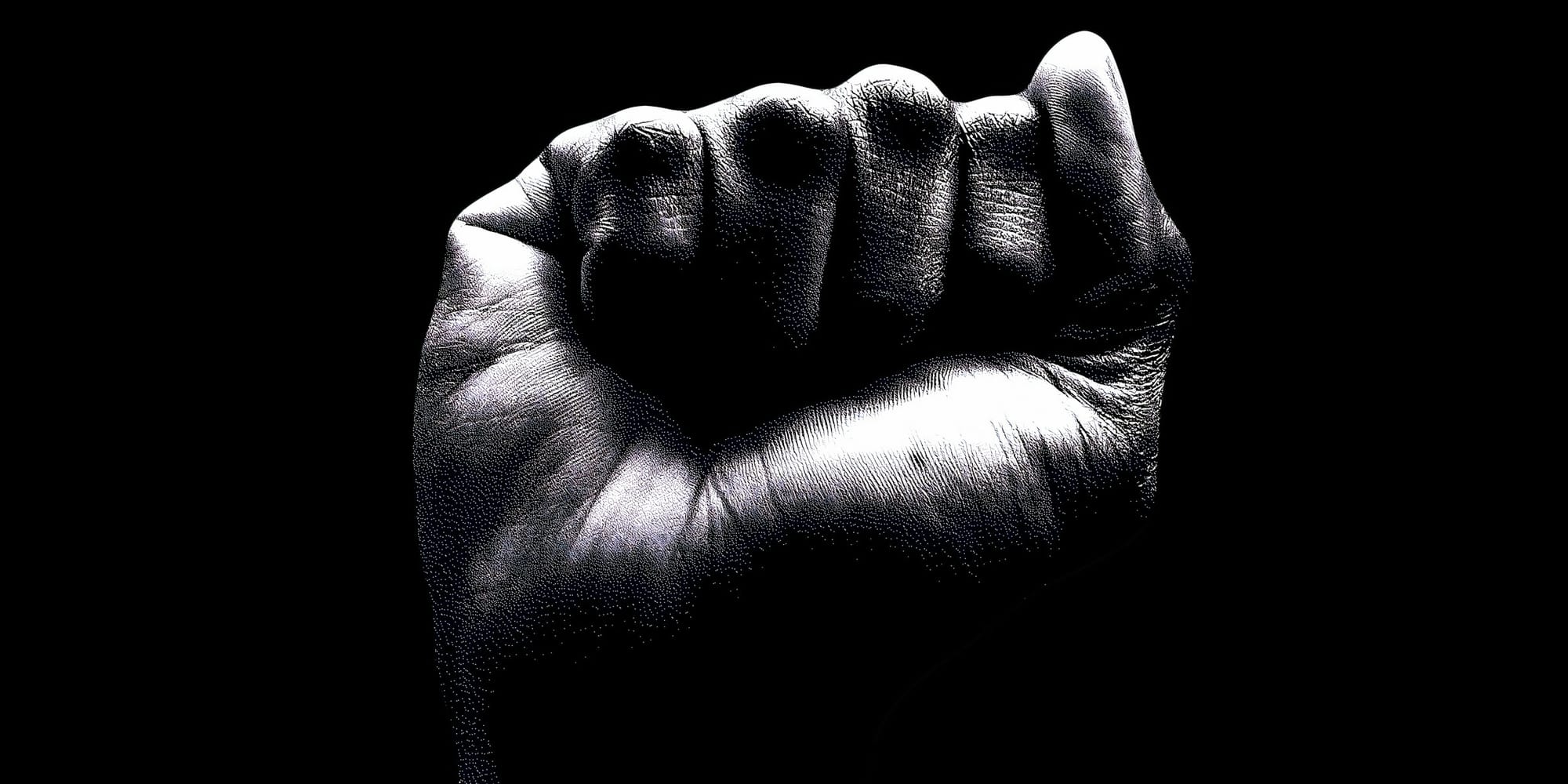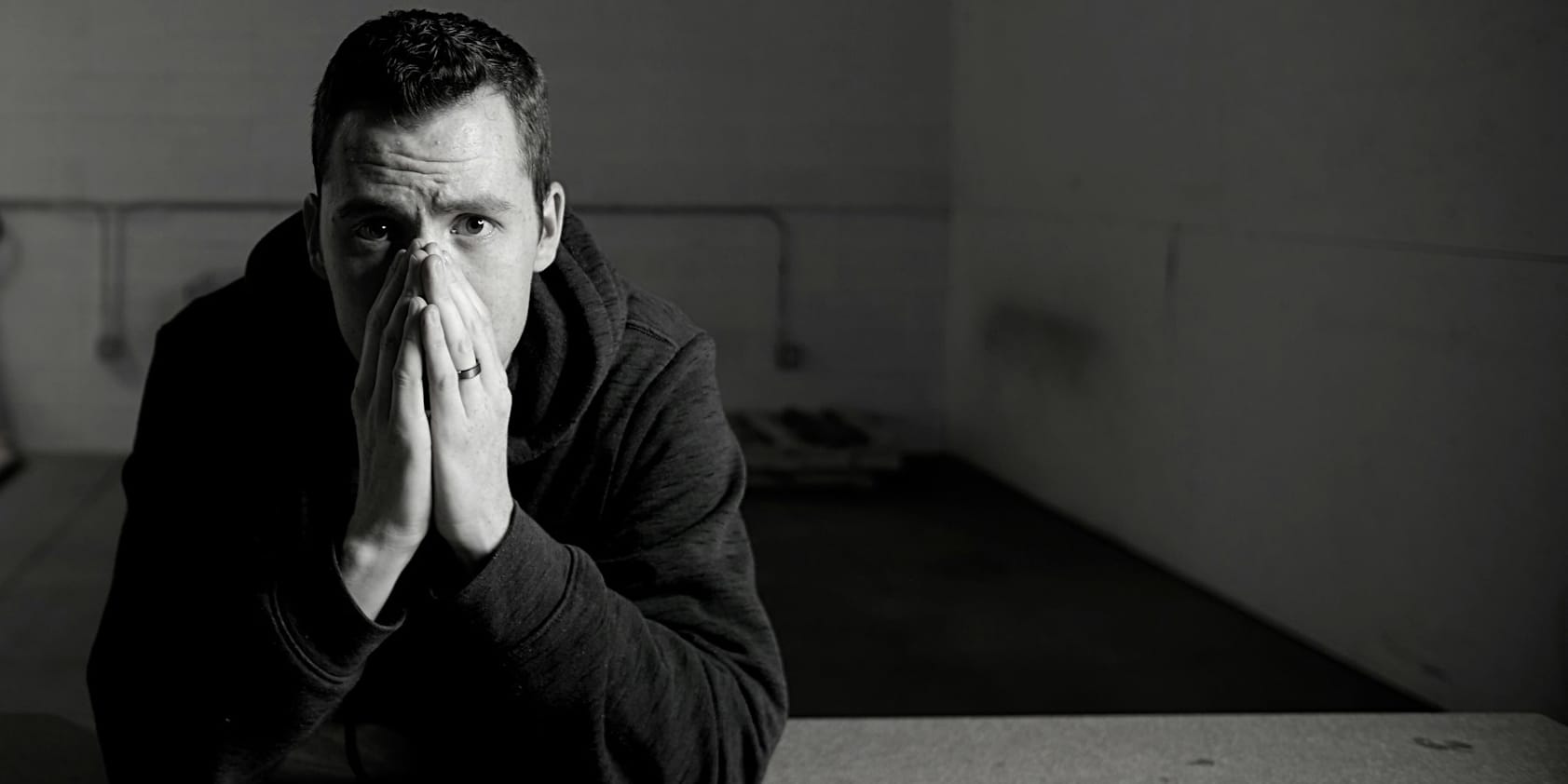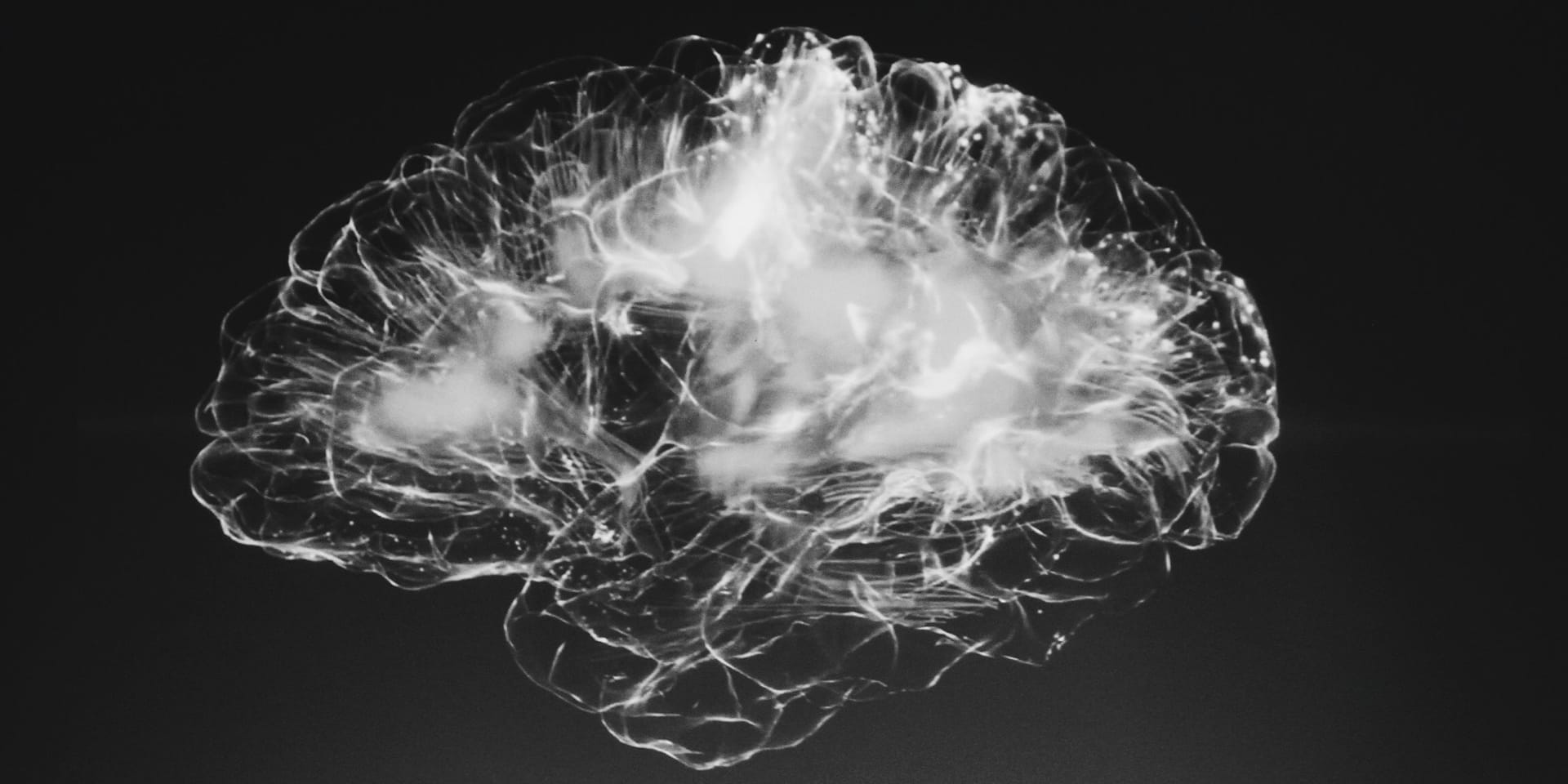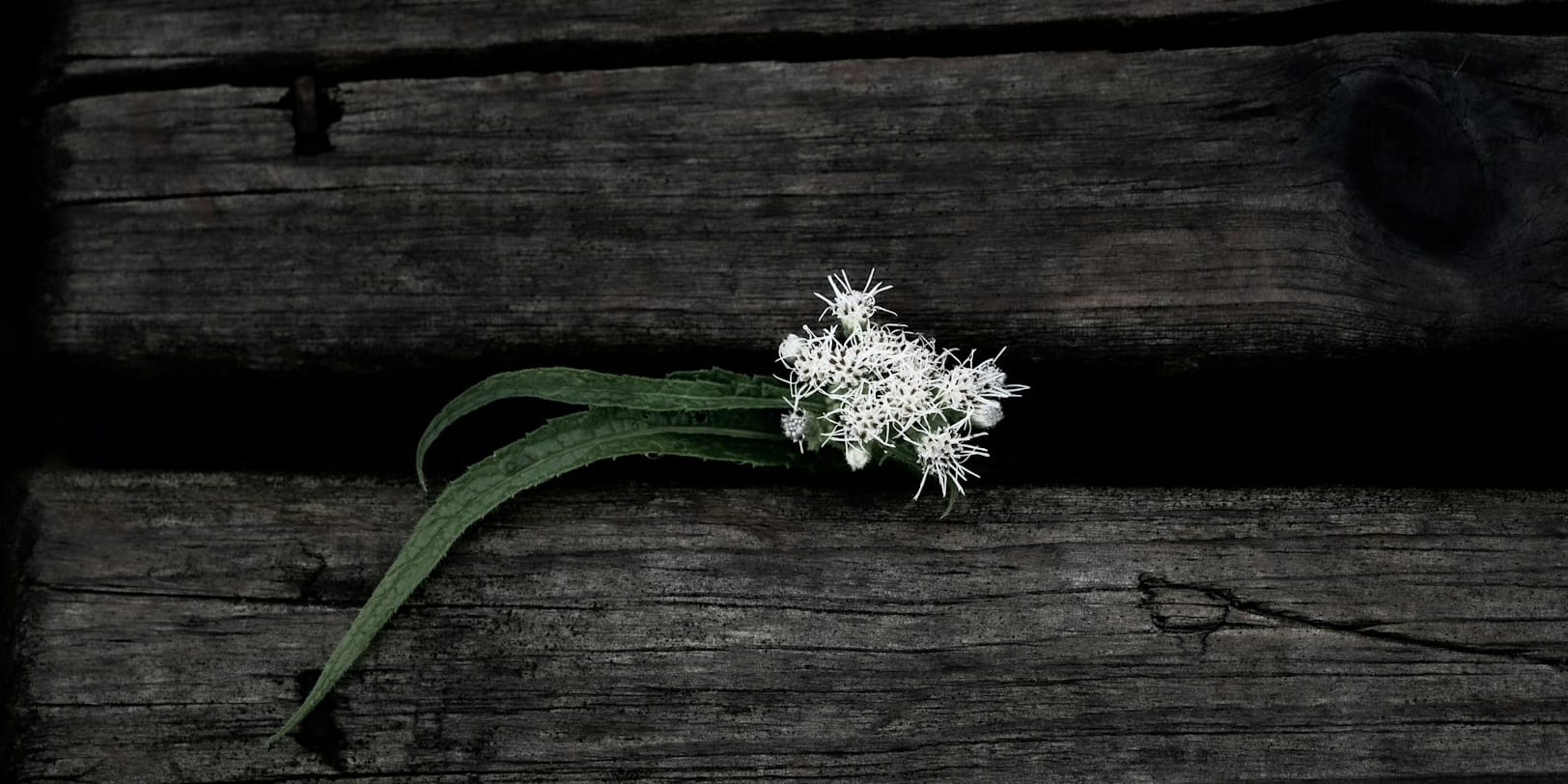
The Midlife Advantage
Life in your 40s brings a unique perspective that younger generations often haven't yet discovered. You've weathered enough storms to know that crises, while painful and disruptive, almost always contain hidden gifts and opportunities for growth.
There's something quietly powerful about reaching your 40s that isn't discussed enough in our youth-obsessed culture. You've accumulated sufficient life experience to recognize patterns and anticipate certain outcomes, yet you still have ample energy, time, and cognitive flexibility to reinvent yourself when necessary. When crises hit - and they inevitably do - you're equipped with a toolkit of resilience strategies and emotional maturity that your younger self could only dream of possessing.
I've noticed that my response to setbacks has fundamentally changed over the decades. Where once I might have been completely flattened by disappointment or rejection, spending weeks recovering from the emotional impact, I now find myself moving quickly to the question, "What can I learn here that will serve me going forward?" This isn't toxic positivity or denial of genuine pain - it's hard-earned wisdom born from surviving countless smaller failures and several significant ones.
The confidence that comes from this track record of survival cannot be manufactured or faked. It emerges organically after you've lived through enough challenges to know with certainty that you possess the inner resources to handle whatever comes next. This quiet confidence becomes a foundation that supports every other aspect of your life, from professional challenges to personal relationships.
Reframing Failure
Last year, I faced a significant professional setback when a project I'd poured myself into for almost nine months collapsed due to funding issues and changing market conditions. The initiative I had championed - which was supposed to launch my career to the next level - suddenly evaporated, leaving me questioning my judgment and facing difficult conversations with stakeholders and team members who had trusted my vision.

In my 20s, this kind of failure would have triggered a full-blown identity crisis. I would have internalized it completely, seeing it as definitive proof of my inadequacy. In my 40s, this crisis forced me to ask deeper, more meaningful questions about my professional identity and personal fulfillment:
- What truly matters to me at this stage of life, and how much of my previous ambition was driven by external validation rather than internal satisfaction?
- Which parts of my professional identity am I clinging to unnecessarily, perhaps out of habit or fear of the unknown?
- What skills, strengths, and experiences have I developed over nearly three decades of work that might serve me in unexpected ways in entirely different contexts?
- How might this apparent failure be redirecting me toward work that better aligns with my evolving values and the contribution I hope to make in my remaining working years?
- What would I attempt if I knew that I could handle failure with the resilience I've now developed?
Working through these questions led to a professional reinvention that would have been unimaginable without the crisis that precipitated it. The skills I developed through the failed project translated surprisingly well to a new industry, where my outsider perspective became an unexpected asset rather than a liability.
The Biology of Resilience
The science behind resilience is fascinating and gives credence to what many of us in midlife have experienced empirically. Research in neuroplasticity suggests that psychological resilience works much like physical training - each time we recover from adversity, our neural pathways for coping strengthen, making future recovery more efficient and less depleting.
By our 40s, many of us have unintentionally developed robust "resilience muscles" through repeated exposure to challenges and subsequent recovery. Our brains have literally been rewired through experience to respond to stressors with more sophisticated strategies and less overwhelming emotional reactivity. The psychological immune system, as some researchers call it, becomes more effective with each challenge it successfully navigates.

I've seen this biological reality play out in my own life in striking ways. Weathering a health scare three years ago - complete with inconclusive tests and weeks of medical uncertainty - taught me to distinguish between genuine emergencies requiring immediate action and temporary discomforts that simply need to be endured with patience. The experience cultivated a capacity for sitting with uncertainty that has proven invaluable in navigating everything from parenting teenagers through their own crises to managing complex team conflicts at work where there are no quick or simple solutions.
This hard-won ability to tolerate ambiguity and discomfort without immediately seeking escape is perhaps one of the most valuable capacities we develop in midlife. It allows us to make decisions from a place of centered wisdom rather than reactivity, ultimately leading to better outcomes in nearly every domain of life.
Crisis as Clarity
Perhaps the greatest gift of crises in midlife is the extraordinary clarity they bring to our often cluttered lives. Nothing cuts through accumulated distractions, unnecessary obligations, and misaligned priorities quite like a genuine challenge to what matters most. When facing real difficulty, the peripheral concerns that normally occupy so much mental and emotional bandwidth suddenly fall away, and we're left with a crystal-clear view of our core values and most important relationships.
Practical Ways to Build Crisis Resilience
Through years of personal experience and conversations with others navigating their 40s successfully, I've developed specific practices for cultivating resilience that serves me in both major crises and everyday challenges:

- Practice intentional perspective-taking. When something goes wrong, I deliberately zoom out to see the situation in the broader context of my entire life timeline. I ask myself: "Will this matter in five years? How have I handled similar situations in the past? What's the worst realistic outcome, and do I have evidence I could handle even that?" This temporal distancing creates emotional space that prevents catastrophizing and enables more strategic thinking.
- Nurture reciprocal, authentic relationships. Social connections are powerful resilience multipliers, but not all relationships serve this function equally well. The friends who show up during crises - who can listen without immediately trying to fix, who offer practical support without keeping score, who remind you of your strengths when you momentarily forget them - are invaluable resources during challenging times. Equally important is being that kind of friend to others, which paradoxically strengthens your own resilience capacity through the perspective gained by supporting someone else through difficulty.
- Collect and systematically remember "resilience stories." Our brains have a frustrating tendency to forget our past successes when facing new challenges. To counter this, I maintain a specific journal dedicated to recording challenges I've overcome, complete with details about the emotions I experienced, the resources I drew upon, and the strategies that ultimately proved helpful. This personal resilience archive serves as concrete evidence of my capability when facing new obstacles, reminding me that my track record for surviving difficult situations is actually 100% so far.
- Cultivate psychological flexibility and embrace the unexpected pivot. Some of the best developments in my life and career emerged from plans that completely fell apart, forcing creative adaptation. I deliberately practice flexibility in smaller daily situations - changing plans last minute, trying new approaches to routine tasks, stepping outside my established preferences - to build the adaptability muscle that serves so well during major disruptions. This practice helps reduce my instinctive resistance to change, which often amplifies suffering during transitions that might actually lead to positive outcomes.
- Prioritize preventative rest and recovery as essential resilience practices. Through painful experience, I've learned that preventative rest - regular periods of genuine restoration and disconnection from stressors - is far more effective than attempting to recover from complete burnout after pushing beyond sustainable limits. I now view adequate sleep, regular unstructured time, physical movement, time in nature, and meaningful social connection not as luxuries to be enjoyed after all work is complete, but as essential investments in the resilience capacity I need to navigate an unpredictable life successfully.
- Develop a personal crisis protocol. Based on past experiences, I've created a personalized set of guidelines for how I function during acute crises. This includes basics like sleep and nutrition requirements that cannot be compromised regardless of circumstances, specific people to contact for different types of support, decision-making frameworks that prevent overwhelm, and permission to temporarily suspend certain normal expectations. Having this protocol established during calmer times prevents having to figure out how to operate while already under significant stress.
- Practice conscious meaning-making. Research on post-traumatic growth shows that people who actively engage in finding meaning and purpose in their suffering tend to demonstrate greater resilience than those who view crises as meaningless bad luck. I regularly engage in reflective practices - journaling, conversation with trusted friends, occasional therapy - that help me articulate what I'm learning through difficulty and how these lessons might serve some larger purpose in my life's overall trajectory.
The Freedom of Forty-Something Resilience

There's profound liberation in knowing - not just intellectually but from lived experience - that you can handle whatever comes your way. This embodied confidence, earned through surviving and extracting wisdom from past difficulties, is perhaps the most underrated aspect of life in your 40s. It creates a foundation of security that paradoxically enables greater risk-taking in areas that matter to you.
When you've survived job loss, relationship endings, health scares, financial setbacks, or family crises, you develop a kind of emotional immunity that allows you to engage more fully with life rather than playing it safe to avoid potential pain. You understand from experience that while you cannot control what happens to you, you have considerable control over your response to those circumstances - and that makes all the difference.
The next time you face a crisis, large or small, I encourage you to approach it with curiosity rather than dread, asking: "What might this situation be preparing me for that I cannot yet see? What strengths might it reveal that I've forgotten I possess? What possibilities might it create that wouldn't exist otherwise? How might I grow through this in ways I would never have chosen but might eventually appreciate?"
In our 40s, we occupy a unique sweet spot: young enough to reinvent ourselves multiple times if necessary, yet experienced enough to do so with wisdom, discernment, and a healthy appreciation for both our limitations and our remarkable capacity for adaptation and growth. Crises, viewed through this lens, aren't merely unwelcome interruptions to our carefully planned lives - they're invitations to grow into fuller, more authentic versions of ourselves.
And that opportunity for continuous evolution and growth, even (or especially) through difficult circumstances, is perhaps the greatest gift midlife has to offer.


